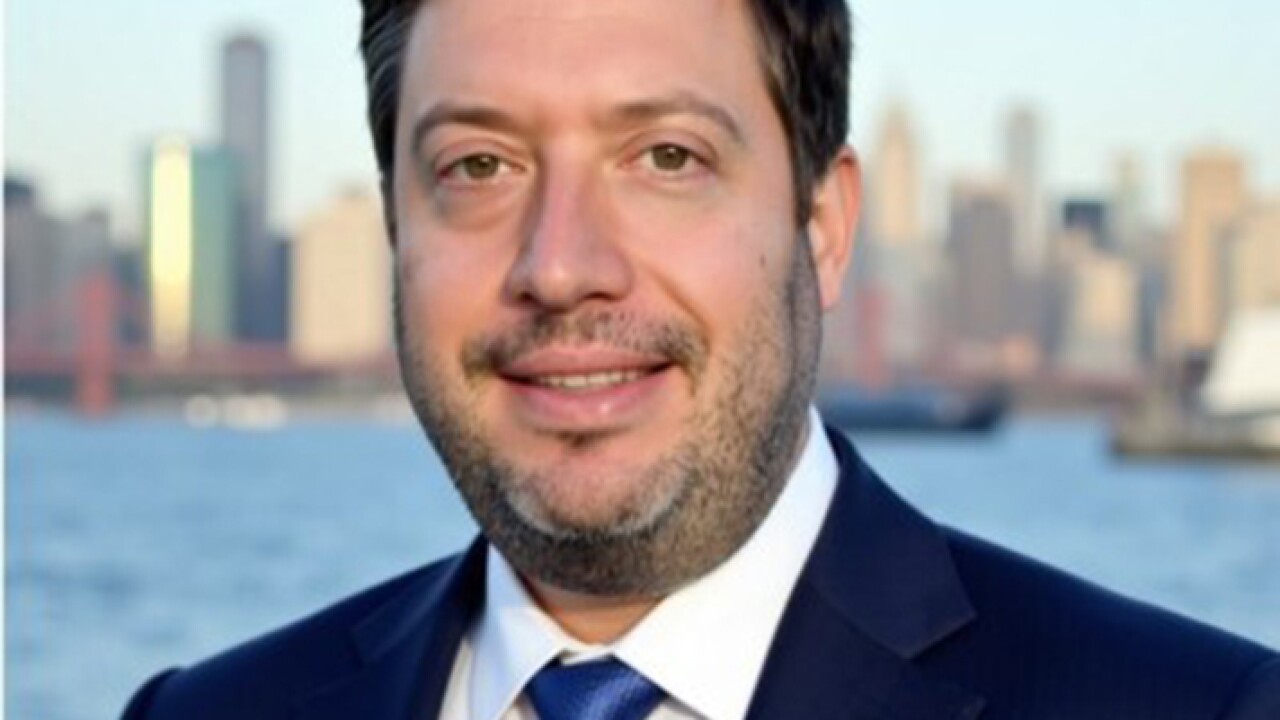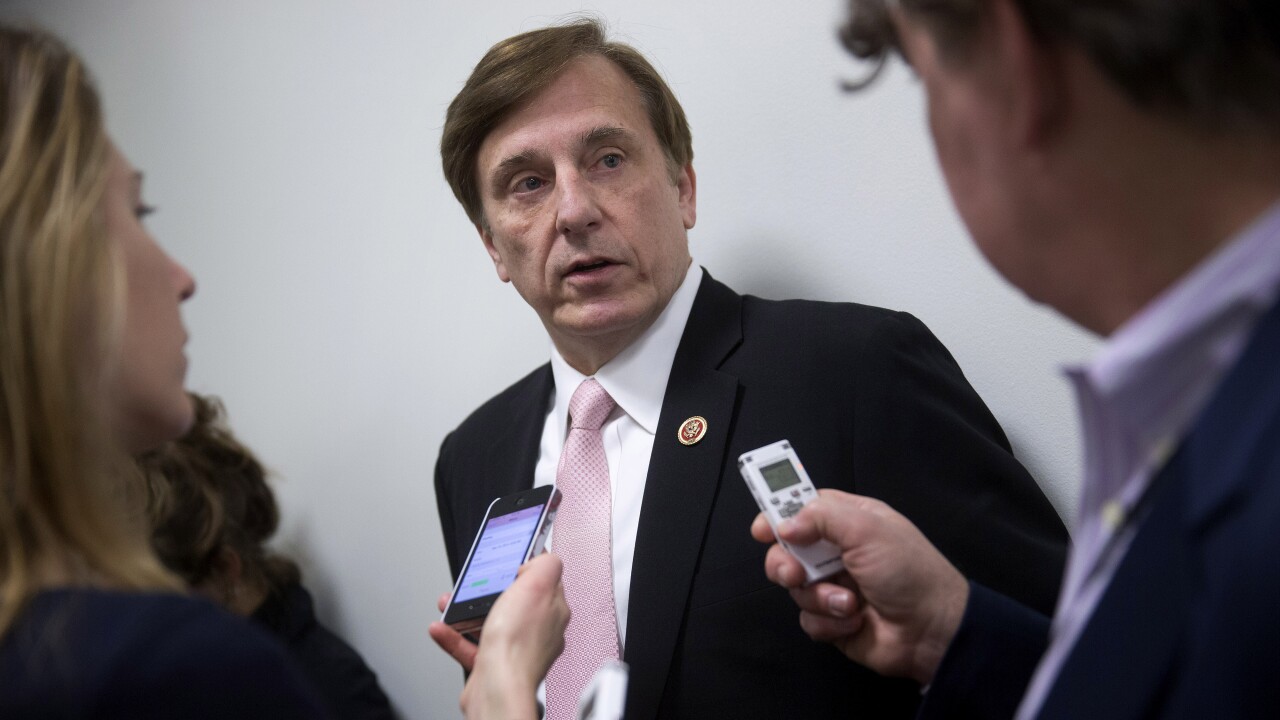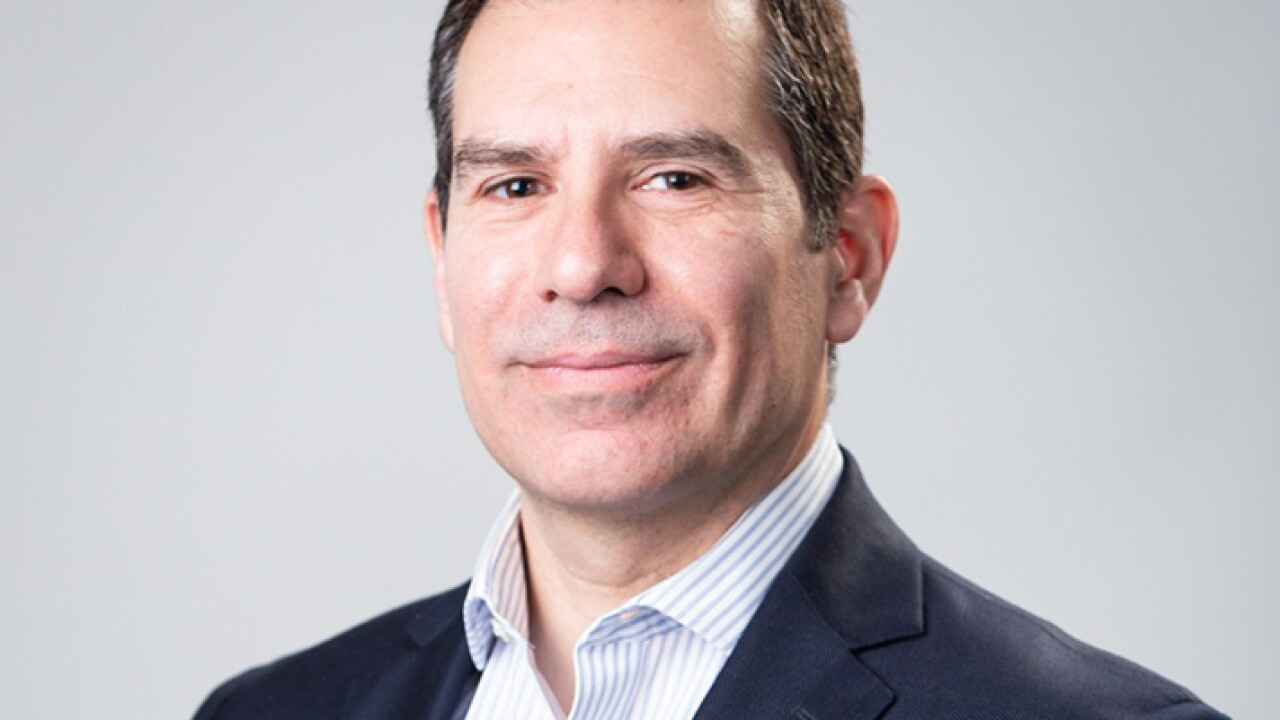BRADENTON, Fla. - Some state attorneys general are hailing settlements with major tobacco companies that resolve a dispute over $8 billion in payments since 2003, but a bond expert said his evaluation of the deal indicates that the tobacco companies may be the big winners.
Lorillard Tobacco Co., Philip Morris USA, and R.J. Reynolds Tobacco Co., announced an agreement Dec. 18 on a term sheet with 17 states, the District of Columbia, and Puerto Rico. An arbitration panel still must approve the deal, and amounts each entity gets could be adjusted if other states participate.
The settlement is designed to define payments that tobacco companies disputed because of dwindling market shares the past nine years. The dispute involves states and jurisdictions that signed the 1998 Master Settlement Agreement. The 1998 MSA involved all states except Florida, Minnesota, Mississippi, and Texas, which negotiated separate agreements with tobacco companies.
Some attorneys general announced what they expected to receive in 2013 from resolving the dispute, which varies because the amounts are tied to in-state tobacco sales. North Carolina expects $108 million, Georgia anticipates $56 million, Nevada expects $21 million, and Nebraska believes it will get $18 million.
The states did not release specifics about the settlement.
"Resolving this dispute now avoids costly litigation and provides a framework to ensure future payments," North Carolina Attorney General Roy Cooper said in a statement Wednesday.
While the settlements result in a one-time windfall in 2013, and could stabilize future payments, the states will also refund or credit nearly half of the disputed payments to the tobacco companies, according to Dick Larkin, who follows tobacco bonds as director of credit analysis at Herbert J. Sims.
"The 'Big 3' manufacturers were able to wrest 46% of the disputed payments from these states, totaling about $1.6 billion of refunds, which will be taken over the next 5 years," he said in an analysis called "Big Tobacco Wins Big in Proposed Settlement."
The deal does not improve cash flows for tobacco bonds much, he said in an interview with The Bond Buyer after analyzing a complex term sheet posted by several tobacco companies in reports to the Securities and Exchange Commission.
"I don't think this really improves the outlook for tobacco bonds," Larkin said. "This settlement doesn't improve cash flows that much and it results in the states getting money from the disputed fund but they give up almost exactly as much as that in refunds to the companies."
Larkin cited Virginia as an example of what the settlement proposes for that state. Using the term sheet posted by the tobacco companies, he calculated Virginia's payment at about $82 million.
At the same time Virginia gets $82 million in 2013, about $38 million would be held back from the state for refunds to the companies. Starting in 2014, the state would have about $9 million in reduced payments annually for four years, Larkin's analysis showed.
"Nothing is really changed here," he said. "The net affect on cash flow for tobacco bonds is virtually negligible."
The Virginia Tobacco Settlement Financing Corp has about $2 billion of tobacco bonds outstanding. The agency dipped into reserves for about $8 million to help make debt-service payments in 2011 and 2012.
Debt manager Evelyn Whitley said she discussed the settlement with the attorney general's office recently.
"The amount of money we will get is not final but the estimates would allow us to replenish reserves to their full funding levels as well as pay down some principal on the bonds," Whitley said, adding that Virginia securitized 50% of its MSA payment stream, so only half of the settlement amount would be pledged to the bonds.
While there may be slight cash-flow improvements in 2013 due to the amounts states receive from the settlement, Larkin said cash flow could weaken in 2014 when refunds to the tobacco companies begin "and perhaps... reserves will again be needed to meet minimum debt requirements."
Ohio and some other states with outstanding tobacco bonds had not agreed to the settlement as of Friday afternoon, and are taking a risk, according to Larkin. Ohio's Buckeye Tobacco Settlement Financing Authority, which issued $5.53 billion of bonds in 2007, tapped reserves in 2011 but not this year.
"They can continue to go to arbitration and risk losing," he said. "The stakes go up."
The term sheet Larkin examined indicates those states that settle now with the tobacco companies are agreeing to turn over 46% of the disputed claims to the tobacco companies, he said. The tobacco companies will seek 59% of the disputed claims from states that do not sign the agreement that is currently on the table.
"It's really complicated," Larkin said. "This is my best guess about what's going on."
Other states that agreed to the settlement are Alabama, Arizona, Arkansas, California, Kansas, Louisiana, Michigan, New Hampshire, New Jersey, Tennessee, West Virginia, and Wyoming.





